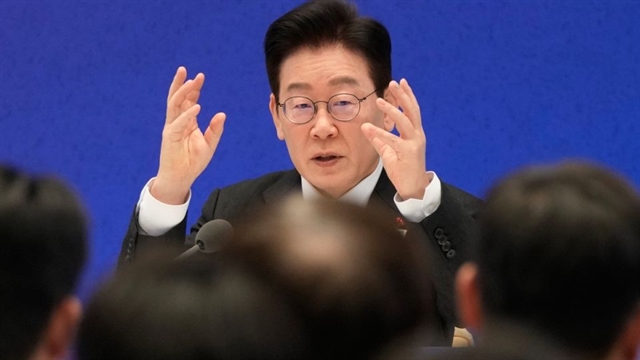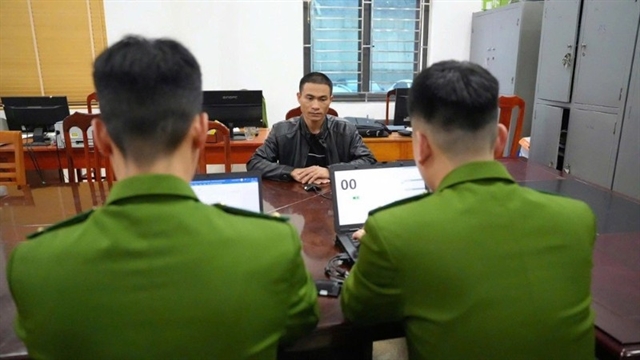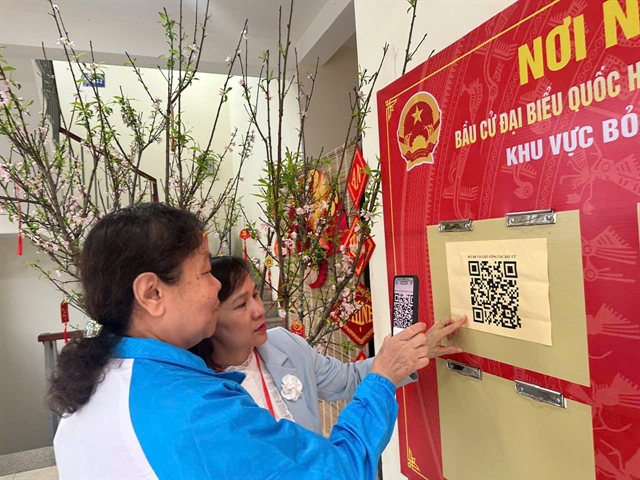 World
World

Talks on changes to Libya's unity government could yield results in the coming weeks, putting the north African country on a path to stability, the UN envoy said Wednesday.
UNITED NATIONS, United States — Talks on changes to Libya’s unity government could yield results in the coming weeks, putting the north African country on a path to stability, the UN envoy said Wednesday.
The UN-backed government of Prime Minister Fayez al-Sarraj was installed in Tripoli last year but has failed to assert itself further east, where strongman General Khalifa Haftar holds sway.
UN envoy Martin Kobler told the Security Council that talks on "possible amendments" to the political agreement, and notably on Haftar’s future role, had made progress in the past two months.
"I am confident that a format will be found in the next weeks within which these questions can be decided upon and recommendations can be put forth for approval to the relevant institutions," Kobler said.
Any changes must be endorsed by the Libyan House of Representatives, which has refused to back the Sarraj government.
"2017 must be a year of decisions and political breakthrough," said Kobler.
The United Nations brokered the Libyan political agreement that was signed in Morocco in 2015 and Western countries had been adamant that the Sarraj government was the only legitimate voice.
Security Council members Egypt and Russia have offered support for Haftar, whose self-declared Libyan National Army has had success in battling jihadists in Benghazi, the country’s second city.
Following the meeting, the council declared that it "recognises the growing concern among Libyans for a more inclusive political settlement within the framework of the Libyan political agreement," said Ukrainian Ambassador Volodymyr Yelchenko, this month’s council president.
Bring in all the actors
Libya has been in turmoil since the 2011 ousting of Moamer Kadhafi, with rival administrations vying for power.
"What we need is a genuinely inclusive government that brings in all of the key actors in Libya, and we need that because that is the best way to restore stability," said British Deputy Ambassador Peter Wilson.
Kobler admitted that opening up the hard-fought political agreement to changes was risky, and stressed that there should be "very limited" amendments.
"It’s also a risk to leave the agreement as it is, because it doesn’t work," the envoy told reporters following the council meeting.
Sarraj has reportedly offered to meet Haftar in Cairo to try to come to agreement.
"General Haftar must have a role in the chain of command of the army, and we encourage talks," said Kobler.
Despite the political deadlock, Libya has boosted its oil production to over 700,000 barrels a day, providing the state with much-needed revenue.
"It’s a wealthy country, it’s a rich country, it has the largest proven oil reserves of Africa," said Kobler. "That’s why it’s important that the insecurity ends because the Libyan people need it." — AFP




